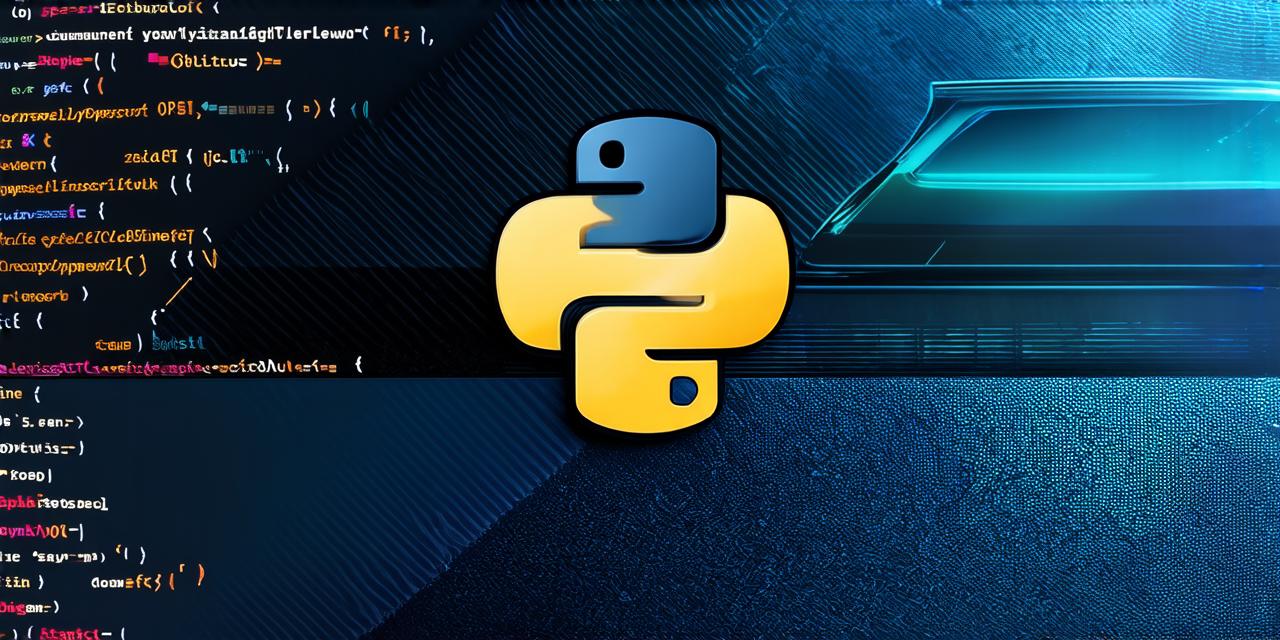Python for app development: Benefits & limitations
As an app developer, you know that choosing the right programming language can make all the difference in the success of your project. Python is one of the most popular languages for app development due to its simplicity, versatility, and vast community of developers.
In this article, we’ll explore the benefits and limitations of using Python for app development, along with real-life examples and expert opinions to help you make an informed decision.
Benefits of Using Python for App Development
One of the biggest advantages of Python is its simplicity. It has a clear and concise syntax that makes it easy for beginners to learn and understand. In fact, many people who are new to programming find Python to be one of the easiest languages to pick up.
2. Versatile
Python is a versatile language that can be used for a wide range of tasks, including web development, data analysis, machine learning, and more. This makes it a great choice for app developers who need to use multiple tools and technologies in their projects.
3. Large Community
Python has a large and active community of developers who are constantly working on new libraries, frameworks, and tools. This means that there is always someone available to help you with any issues you may encounter during your app development project.
4. Fast Development
Python’s simple syntax and extensive library of pre-built modules make it possible to develop apps quickly. This means that you can get your app up and running in a matter of weeks, rather than months like with other languages.
Limitations of Using Python for App Development
1. Performance Issues
While Python is a great language for rapid development, it can sometimes be slower than other languages like C++ or Java when it comes to performance. This is because Python interprets code at runtime, which means that it has to execute each line of code individually.
2. Lack of Mobile Support
While Python has a number of libraries and frameworks for creating web and desktop applications, it is not as widely used for mobile app development. This means that there are fewer resources available for developing apps for Android and iOS devices using Python.
3. Limited Job Opportunities
While Python is a popular language among app developers, there are fewer job opportunities available compared to other languages like Java or C++. This means that if you’re looking for a high-paying job in the tech industry, you may need to consider learning another language in addition to Python.
Case Study: Instagram
Instagram is one of the most popular social media platforms in the world, with over 1 billion monthly active users. The app was originally built using Ruby on Rails, but it switched to Python in 2011 due to its performance issues.
Expert Opinion: Guido van Rossum
Guido van Rossum is the creator of Python and the founder of the Python Software Foundation. When asked about the benefits of using Python for app development, he said, “Python’s simplicity and versatility make it a great choice for developers who want to quickly create high-quality apps without having to learn a complex language or spend months debugging code.”
Real-Life Examples: Uber and Flask
Uber is one of the most valuable startups in the world, with a valuation of over $80 billion. The company was originally built using C++, but it switched to Python in 2014 due to its simplicity and ease of use.
